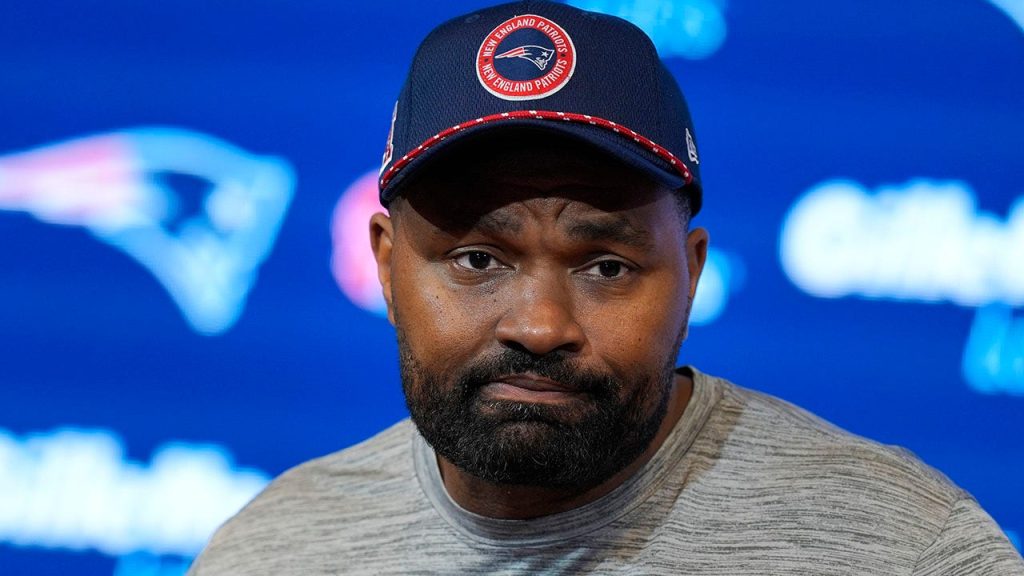The New England Patriots’ post-Belichick era began with a turbulent single season under Jerod Mayo, culminating in his dismissal after a disappointing 4-13 record. Despite a Week 18 victory against a resting Buffalo Bills team, which ironically cost the Patriots the top pick in the upcoming draft, owner Robert Kraft made the difficult decision to relieve Mayo of his duties. Kraft’s statement emphasized the personal connection he shared with Mayo, a former Patriots player and respected figure within the organization, and acknowledged the weight of the decision. He expressed his desire for a better product on the field for the loyal fan base and positioned Mayo’s firing as a necessary step towards returning the Patriots to championship contention.
The Patriots’ recent decline, following a decade of dominance under Belichick and Brady, underscores the magnitude of the challenge facing the organization. The team’s 8-9 record in 2022 and the subsequent 4-13 finish in Mayo’s lone season paint a picture of a team struggling to find its footing. Kraft’s statement implies a recognition that the team’s performance has fallen short of expectations, and that change is required to reverse this trend. The firing of Mayo, while difficult, signifies a willingness to make tough decisions for the long-term benefit of the franchise.
Mayo’s tenure, though short-lived, was marked by challenges both on and off the field. He inherited a roster widely considered to be among the weakest in the league, a circumstance that contributed to the preseason projection of a 4.5-win season. While the team’s final record fell short of even this modest prediction, Mayo’s public pronouncements throughout the season also raised eyebrows. His candid assessment of the team as “soft” following a string of losses and his initial, later retracted, comments about aggressively pursuing free agents suggest a coach grappling with the pressures of leading a team in transition.
Despite the losing record, Mayo’s commitment to winning remained evident. His decision to start backup quarterback Joe Milton III in the season finale against Buffalo, even with the potential cost of a higher draft pick, demonstrated a focus on present performance over future considerations. Milton’s strong showing in the game, leading the Patriots to a 23-16 victory, provided a glimmer of hope for the future, but ultimately could not overshadow the season’s overall disappointment. The victory, however, came at a cost, as the Patriots slipped from the projected number one draft pick to the fourth spot, behind the Cleveland Browns and New York Giants.
The unexpected win against Buffalo, while a positive note for Milton and some younger players, ultimately added a layer of complexity to the Patriots’ offseason. The loss of the top draft pick, which would have provided a significant asset in rebuilding the roster, underscores the difficult decisions faced by the organization. With the fourth overall pick, the Patriots will still have an opportunity to add talent, but the range of potential impact players will be narrower. The front office, which Kraft affirmed will remain in place, will need to carefully consider its options and formulate a strategy to maximize the value of the available draft picks.
The search for Mayo’s replacement has already begun, with speculation swirling around potential candidates. Former Patriot and current Tennessee Titans head coach Mike Vrabel has emerged as an early favorite, his experience and familiarity with the Patriots’ system making him an attractive option. The upcoming offseason will be crucial for the Patriots as they aim to rebuild the roster, find a new head coach, and reclaim their position as a competitive force in the NFL. The decisions made in the coming months will determine the direction of the franchise for years to come, and the pressure is on to deliver a product that meets the high expectations of the Patriots’ passionate fan base.

